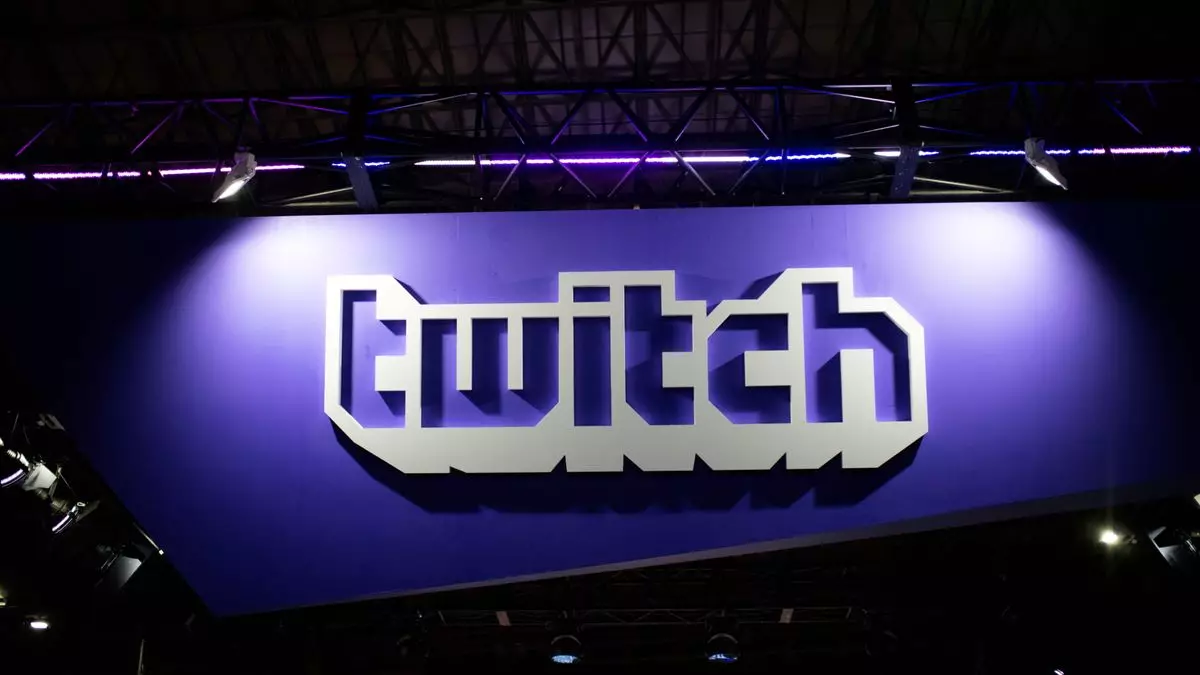Twitch, a dominant player in the online streaming landscape, has introduced a new classification for its content titled “politics and sensitive social issues.” This move comes in response to the turbulent atmosphere surrounding the platform, marked by incidents involving racism, controversy, and accusations of bias. This article delves into the nuances of this new category, its implications, and the broader context of Twitch’s evolving policies.
The newly established content classification aims to alert viewers about streams that delve into “politics and sensitive social issues.” Topics such as elections, civil rights, military conflicts, and various forms of civic engagement will now require specific labeling. Twitch’s rationale is to prevent viewers—especially younger audiences—from inadvertently encountering potentially offensive content. This aligns with existing standards that categorize streams displaying mature themes like violence, drug use, or gambling. However, the vagueness surrounding what constitutes “political” or “sensitive” discussions raises questions about the practicality of these guidelines.
The implementation of this classification follows a month of tumultuous events for Twitch. Notably, popular streamer Zack “Asmongold” Hoyt faced a two-week suspension for making racist remarks regarding Palestinians. Simultaneously, several Arab streamers encountered bans over a controversial TwitchCon panel. The criticisms intensified when it was revealed that Twitch had halted email-verified signups from users in Israel and Palestine, leading to allegations of bias. Twitch subsequently apologized for the oversight and reaffirmed its commitment to a community free from hate and discrimination.
In a statement aimed at addressing community concerns, Twitch CEO Dan Clancy emphasized the platform’s zero-tolerance position on racism, hate, and harassment. He highlighted Twitch’s efforts to foster a diverse community, stating, “Millions of streamers, with a wide variety of views and perspectives, spend time on Twitch.” Yet, the manner in which these new guidelines have been established signals a reactive rather than proactive approach to managing sensitive content.
Examples of protected content under this new classification include streams discussing public policies with political figures, live coverage of elections, and debates about issues like gender, race, and sexuality. However, educational content purportedly aiming for neutral and fact-based discussions is exempt from the labeling requirement. Yet, this raises an implicit question: where is the line between education and advocacy drawn? This is particularly poignant in the face of urgent social issues like reproductive rights or anti-LGBTQ+ legislation, which might not comfortably fit into a “neutral” framework.
One cannot overlook the potential repercussions of these guidelines. The ambiguity around the classification opens the door for inconsistency in application. For instance, where do discussions about critical matters, such as systemic racism or election integrity, fall regarding these new policies? Given today’s socio-political climate, defining neutrality becomes problematic, particularly in conversations that demand urgency and advocacy.
Many within the Twitch community have expressed concern that these guidelines could inadvertently stifle important discussions. There are fears that streamers who wish to explore political themes will be dissuaded from doing so due to the potential repercussions of labeling. Furthermore, the mere presence of a content label can deter advertisers, leading to diminished financial support for streamers, particularly those whose work focuses on activism or advocacy.
The announcement of this content classification was met with a cacophony of criticisms, with many users and streamers voicing dissatisfaction. Some fear that the new rules might further normalize harmful ideologies under the guise of “sensitive content.” As LGBTQ+ streamers ponder the need to label discussions about their identity, the potential for revenue loss becomes a pressing concern.
Streamers like CiCi, who advocate for reproductive rights and have personal experiences tied to such issues, express valid concerns about being compelled to label conversations that are integral to their existence and mission. Such restrictions can overshadow the breadth of experiences and stories that make Twitch a unique platform.
As Twitch navigates this new terrain, it will be essential for the platform to refine its approach to content classification. The initial rollout of these guidelines feels hasty and ill-conceived, needing further clarification and community input. The potential backlash and uncertainty surrounding this initiative suggest that Twitch may need to revisit its strategies to strike a balance between community safety and free expression.
While Twitch’s attempt to regulate content related to politics and sensitive issues is a step toward addressing concerns about hate speech and offensive material, it leaves too many questions unanswered. The platform must tread carefully, ensuring that it upholds the values of inclusivity and diversity that its community cherishes, all while fostering an environment where critical discussions can thrive without fear of censorship or misinterpretation.

